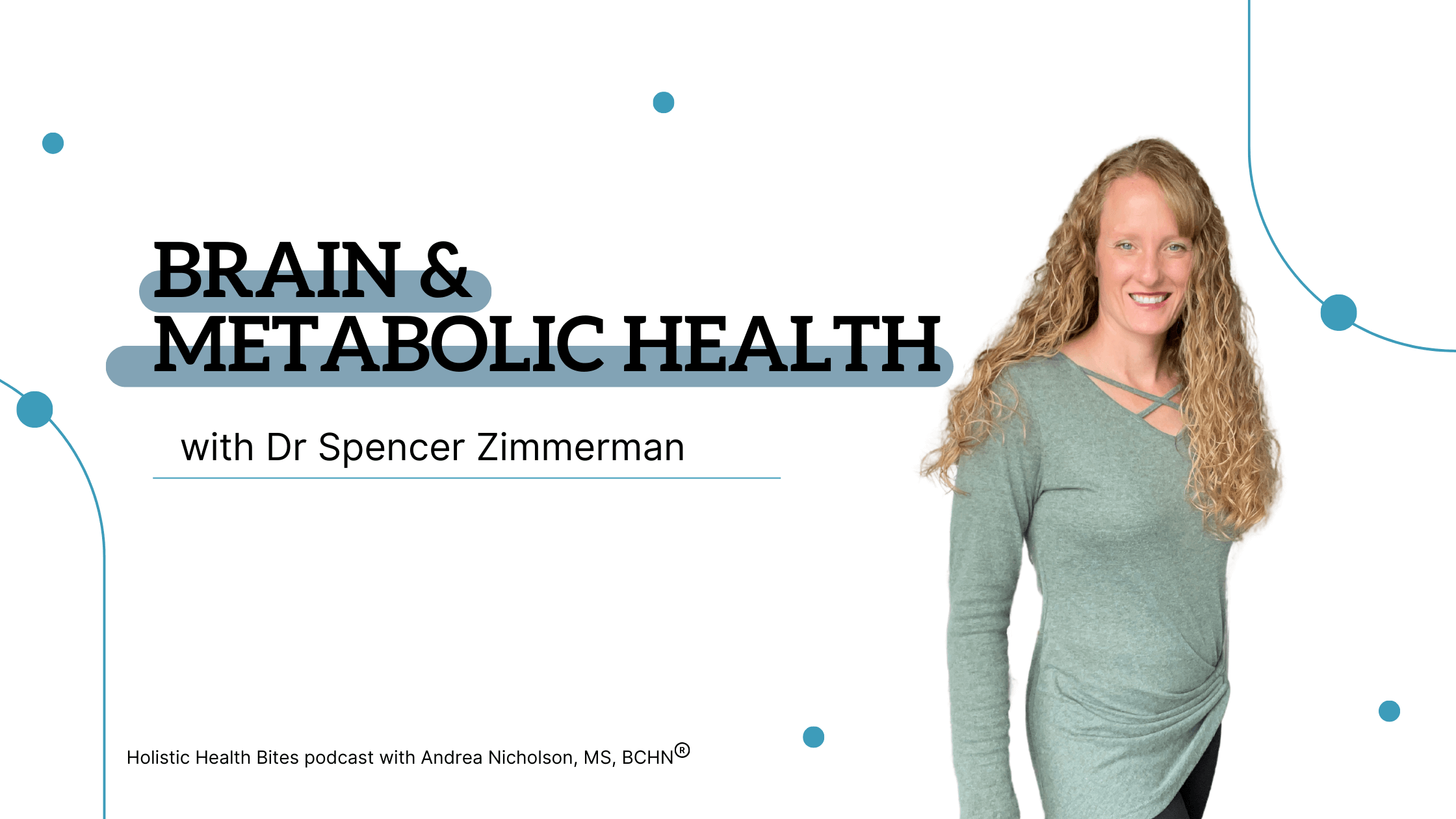
New research suggests that imbalances in the gut microbiome could be contributing to obesity. A comprehensive meta-analysis of 15 studies examining fecal samples from 3,329 people found significant differences in microbial species and metabolic pathways between obese and non-obese individuals. These alterations, including a reduction in short-chain fatty acid-producing microbes and a shift in the firmicutes-to-bacteroidetes ratio, can disrupt metabolism, fat production, and hunger signals, potentially leading to overeating and chronic inflammation.
The gut-brain axis plays a crucial role as well; improper signals from the gut to the brain can result in persistent hunger and cravings, despite adequate nourishment. Alterations in the gut microbiome can also lead to leaky gut syndrome, impairing immune function, increasing inflammation, and contributing to insulin resistance. Moreover, environmental toxins and ultra-processed foods can exacerbate these issues by damaging the intestinal lining and altering body fat production mechanisms.
Addressing these gut imbalances can range from dietary changes and lifestyle adjustments to medical procedures like fecal transplants. Many individuals see significant improvements in health without pharmaceutical intervention by focusing on whole foods, eliminating toxins, and using natural supplements. Understanding and targeting specific microbial imbalances can be instrumental in overcoming obesity and related health challenges.
Read more...
One of the most popular Holistic Health Bites podcast episodes featured Gin Stephens, multi-best selling author, discussing intermittent fasting.
Read more...
This episode of the Holistic Health Bites Podcast explores the multitude of benefits associated with fasting. One of the standout advantages is insulin regulation; fasting significantly reduces blood insulin levels by allowing the body a break from constant digestion. This rest period also aids in reducing inflammation and oxidative stress, promoting better overall health and lowering the risk of chronic diseases.
Fasting also contributes to improved heart health by normalizing blood pressure and reducing triglycerides, positively impacting heart disease, the leading cause of death globally. Additionally, periods of fasting can facilitate damaged tissue repair, as the digestive organs rest and energy is redirected toward cellular regeneration and repair. Enhanced brain function is another benefit, with people often experiencing clearer minds and improved memory during fasting periods.
Other notable benefits include greater appetite control, potentially lower cancer risks, higher levels of Human Growth Hormone (HGH), and a more robust immune system. Fasting also triggers autophagy, a process where the body regenerates at a molecular level, which plays a crucial role in antiaging. These combined benefits suggest that fasting has a cumulative positive effect on overall health and longevity.
Read more...Fasting also contributes to improved heart health by normalizing blood pressure and reducing triglycerides, positively impacting heart disease, the leading cause of death globally. Additionally, periods of fasting can facilitate damaged tissue repair, as the digestive organs rest and energy is redirected toward cellular regeneration and repair. Enhanced brain function is another benefit, with people often experiencing clearer minds and improved memory during fasting periods.
Other notable benefits include greater appetite control, potentially lower cancer risks, higher levels of Human Growth Hormone (HGH), and a more robust immune system. Fasting also triggers autophagy, a process where the body regenerates at a molecular level, which plays a crucial role in antiaging. These combined benefits suggest that fasting has a cumulative positive effect on overall health and longevity.

On this episode of the Holistic Health Bites podcast, I am joined by Dr Spencer Zimmerman discussing how brain health and metabolic health are intimately connected. He emphasized the importance of understanding and addressing the underlying causes of health issues, rather than just treating symptoms, with a focus on metabolic health, brain health, and vascular health. He advocated for a collaborative, multidisciplinary approach to healthcare, debunking the idea that a single practitioner can offer comprehensive solutions for complex problems. We also discussed the interconnectedness of these health aspects, the use of specific tools for diagnosis and treatment, and the need for personalized healthcare.

On this episode of the Holistic Health Bites podcast, Dr. Tricia Pingel and I discussed the impact of stress on health, the importance of a holistic approach to health, and the significance of mindfulness and self-care in achieving long-term health goals. Dr Pingel also highlighted the negative health impacts of elevated cortisol levels and the interconnectedness of various bodily systems. Lastly, she emphasized the need to address the root causes of health problems and the importance of self-compassion and positive choices for health.
Read more...















